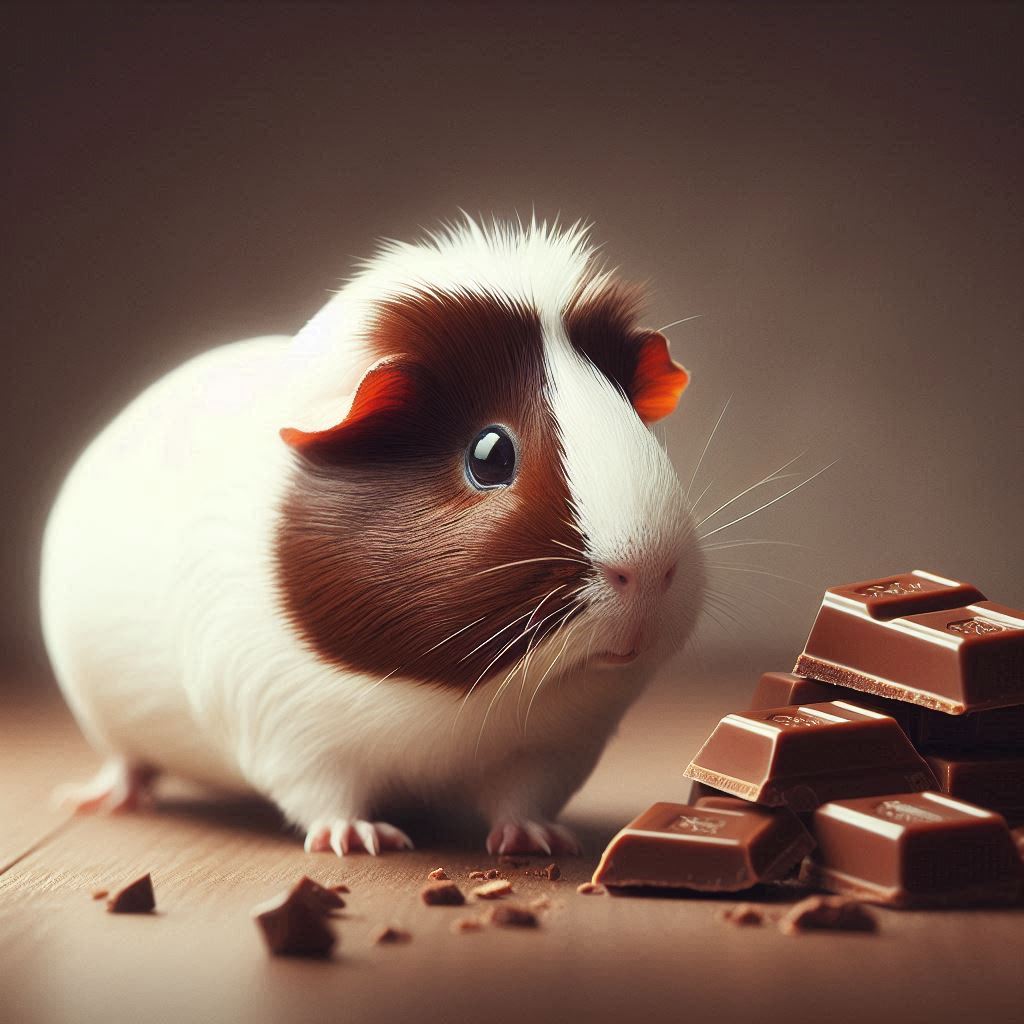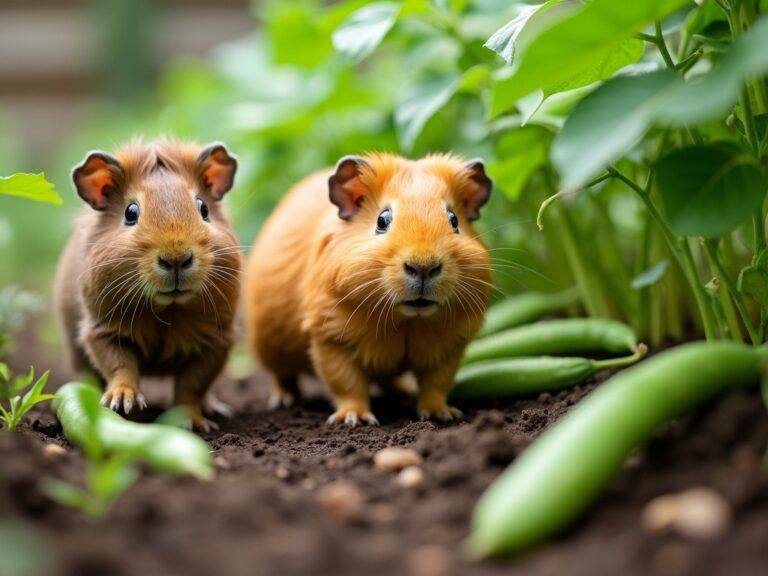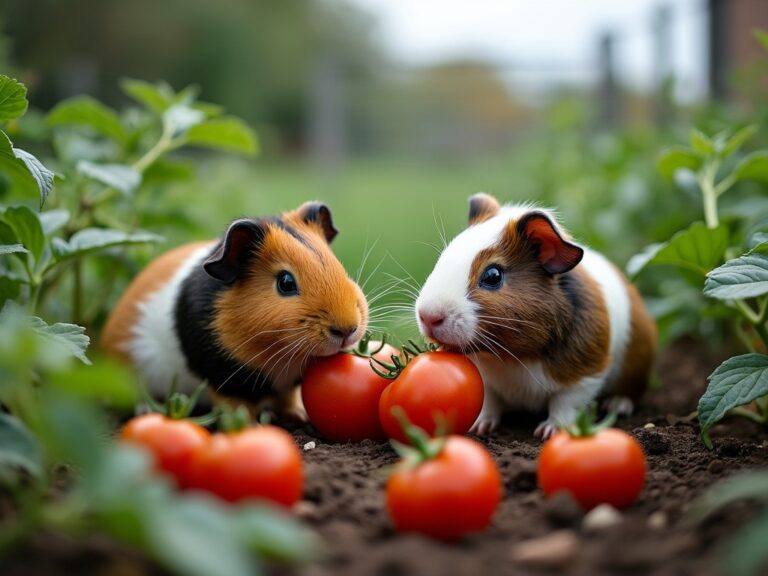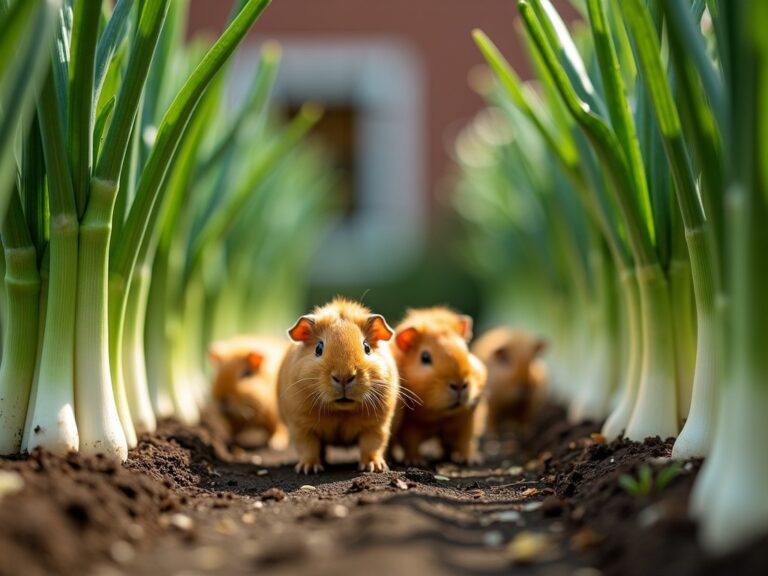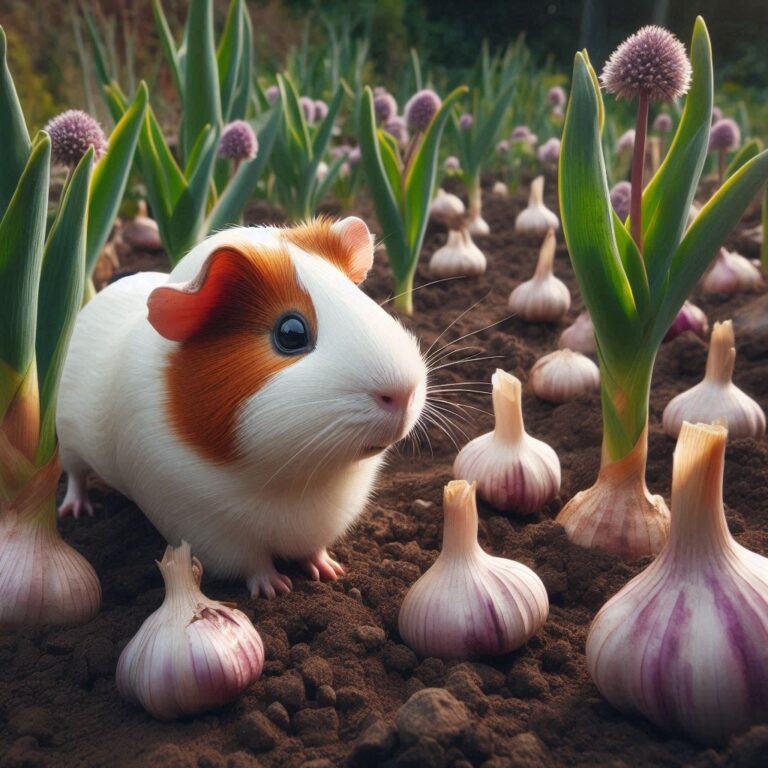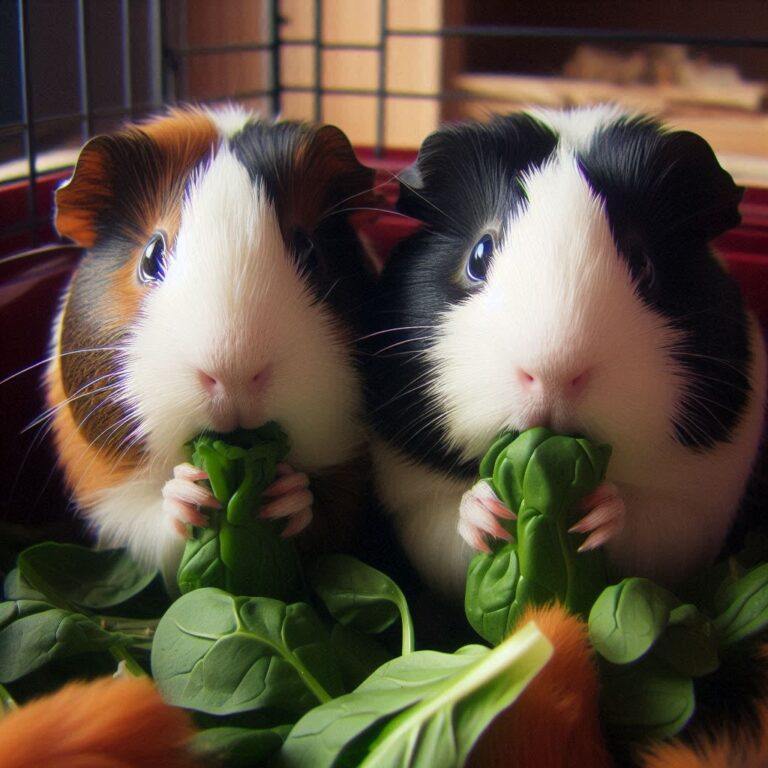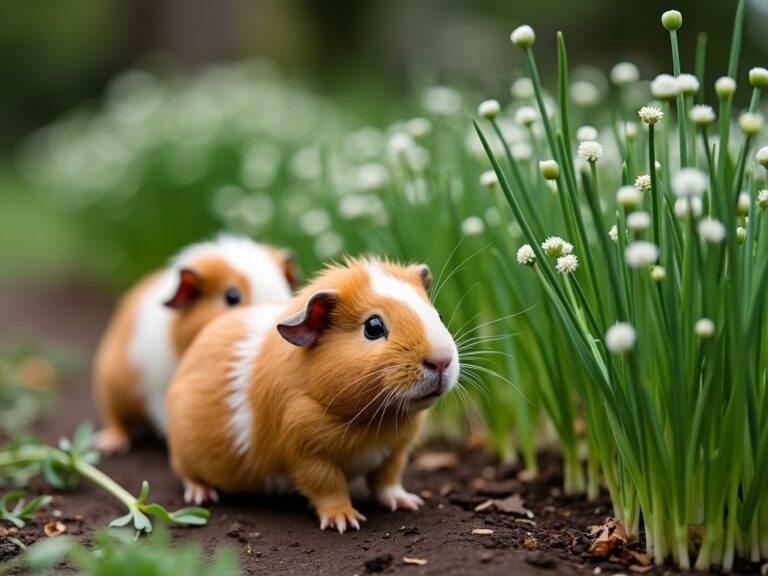Can Guinea Pigs Safely Eat Chocolate
The answer is clear, NO, guinea pigs cannot safely eat chocolate. This popular treat is toxic to these small animals due to its content of theobromine and caffeine, both of which can cause serious health issues in guinea pigs.
Why Chocolate is Dangerous for Guinea Pigs
Chocolate might be a delicious treat for humans, but it’s a potential poison for guinea pigs. The main culprits are two compounds found in chocolate: theobromine and caffeine.
These substances belong to a group called methylxanthines, which guinea pigs can’t metabolize effectively.
Theobromine is particularly problematic. While humans can process this compound relatively easily, guinea pigs lack the enzyme necessary to break it down. As a result, theobromine can build up in their system, leading to toxicity.
Caffeine, another stimulant found in chocolate, can also cause issues for guinea pigs. It can increase heart rate and cause restlessness, which is especially dangerous for these small animals.
The effects of chocolate toxicity in guinea pigs can be severe. Some symptoms to watch out for include:
- Increased heart rate
- Restlessness or hyperactivity
- Tremors or seizures
- Diarrhea
- Excessive urination
- In severe cases, heart failure or death
It’s important to note that all types of chocolate are dangerous for guinea pigs. This includes milk chocolate, dark chocolate, white chocolate, and even chocolate-flavored treats. Dark chocolate is particularly hazardous as it contains higher levels of theobromine.
Safe Treats for Guinea Pigs
Instead of chocolate, there are many safe and healthy treats you can offer your guinea pig. These animals have specific dietary needs, and it’s crucial to provide them with appropriate foods.
The main diet for guinea pigs should consist of high-quality hay, fresh vegetables, and a small amount of pellets formulated specifically for guinea pigs.
However, occasional treats can be a great way to bond with your pet and provide some variety in their diet.
Here are some safe treat options for guinea pigs:
- Small pieces of fruits like apples (without seeds), strawberries, or blueberries
- Vegetables such as bell peppers, cucumber, or carrots
- Small amounts of leafy greens like romaine lettuce or spinach
When offering treats, remember that moderation is key. Treats should make up no more than 10% of your guinea pig’s daily diet. Too many sugary fruits or starchy vegetables can lead to obesity and other health issues.
It’s also important to introduce new foods gradually. Start with small amounts and watch for any adverse reactions. Every guinea pig is unique, and some may have sensitivities to certain foods.
What to Do If Your Guinea Pig Eats Chocolate
Despite our best efforts, accidents can happen. If you suspect your guinea pig has eaten chocolate, it’s crucial to act quickly. Here are the steps you should take:
1. Remove any remaining chocolate from your guinea pig’s reach.
2. Try to determine how much chocolate was consumed and what type it was.
3. Contact a veterinarian immediately. Chocolate toxicity is a medical emergency in guinea pigs.
4. Follow your vet’s instructions carefully. They may advise you to bring your pet in for treatment or provide guidance for at-home care.
5. Monitor your guinea pig closely for any symptoms of chocolate toxicity.
In some cases, the vet may induce vomiting or administer activated charcoal to prevent further absorption of the toxic compounds. Supportive care, such as fluid therapy, may also be necessary.
Keeping Your Guinea Pig Safe and Healthy
Chocolate is a definite no-go for guinea pigs. While it might be tempting to share our favorite treats with our pets, it’s crucial to remember that their digestive systems are very different from ours.
Sticking to a diet of hay, appropriate vegetables, and occasional safe fruits is the best way to keep your guinea pig healthy and happy.
As a responsible pet owner, it’s my job to ensure my guinea pigs get the right nutrition. By avoiding dangerous foods like chocolate and providing a balanced diet with safe treats, I can help my furry friends live long, healthy lives.
Remember, when in doubt about any food item, it’s always best to consult with a veterinarian who specializes in exotic pets.

